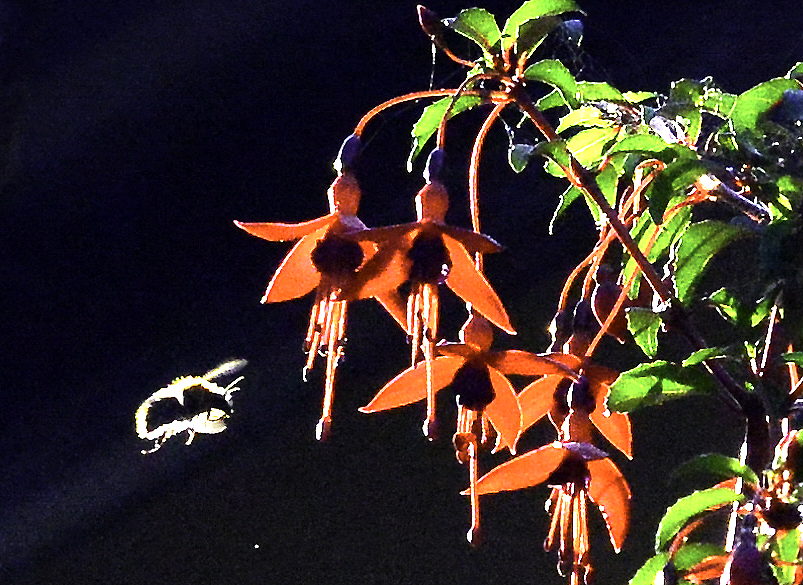When Spitfire designer Reginald J. Mitchell was dying of cancer, he received a last visit from the wife of his chief test-pilot and close friend, George Pickering. ‘Don’t let us talk about flying today,’ Gladys suggested.
‘Why should we?’ Mitchell replied. ‘There are more important things in the world than flying.’ He gazed at his favourite flowers, all in full summer bloom. ‘There is so much beauty all around us. I wish I had spent more time appreciating beauty. It is too late now, but tell George that there are more important things in life than speed. Tell him to look at the beautiful things while he has time.’
Like those who are dying, people exiled from home often feel a longing for the loveliness of the landscapes they left behind. The fact that they are deprived of it seems to make them acutely aware of it, perhaps for the first time. Many writers express it: ‘Oh to be in England, now that April’s there’ – ‘I will arise and go now, and go to Innisfree.’
The men in the Canadian Boat Song longed for the mountains and seas of home: ‘We in dreams behold the Hebrides.’ So did Russian poet Yevtushenko, when he wrote: ‘I rely often on this ordinary thought: near Lake Baikal my own town waiting for me. And the wish to see the pines again, mute witnesses of time and its distance.’
The men in the trenches of World War One had this longing for the fields and hedgerows of home, as even now do our soldiers in the Middle East. In All Quiet on the Western Front, Eric Remarque tells of the longing to see again an avenue of trees in the German village of his boyhood.
